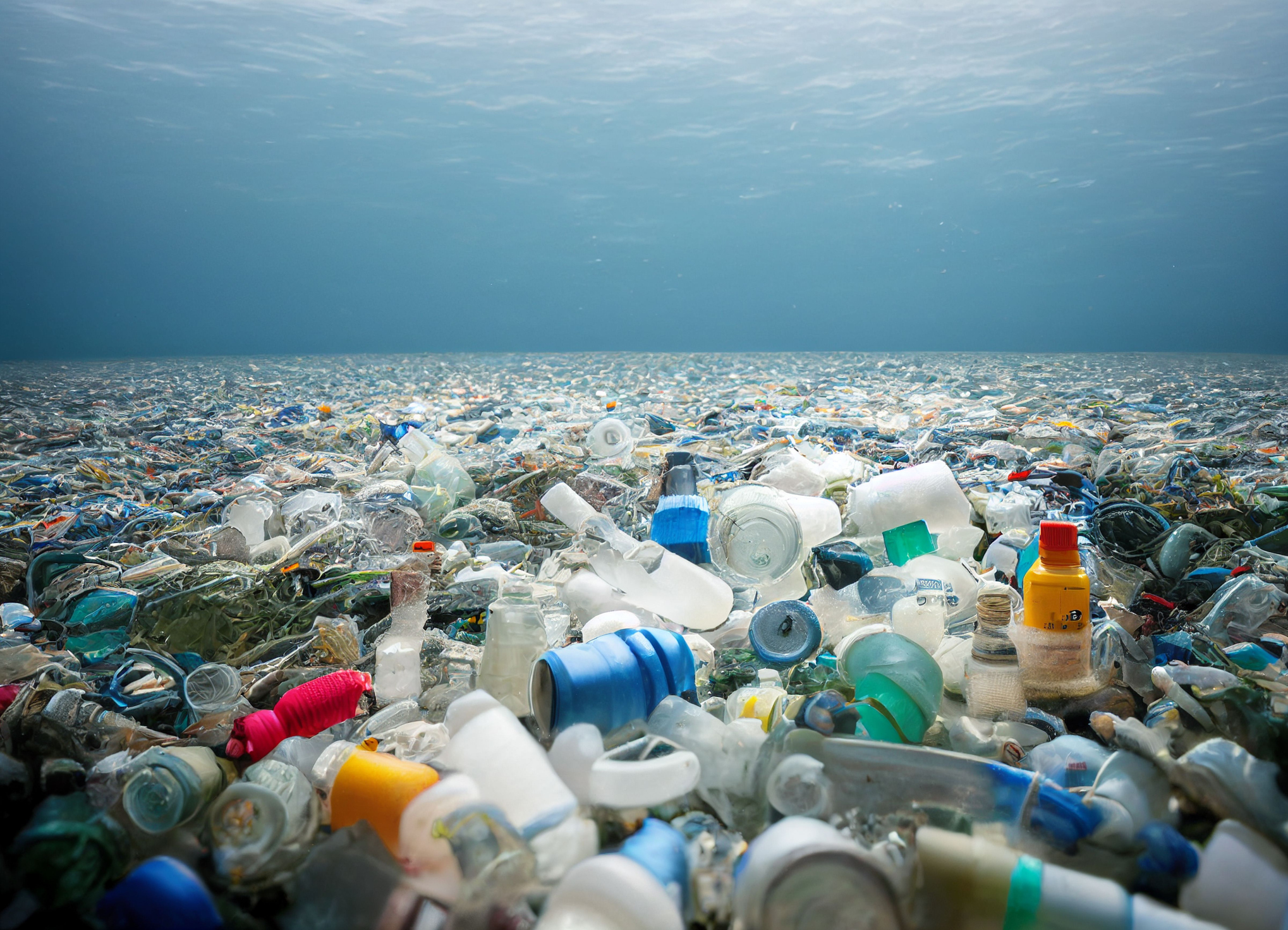PLASMA-LiS
Utilising plastic waste for novel sustainable battery technologies

In Brief
- Challenge: Plastics Challenge
- Challenge Type: SFI Future Innovator Prize
- Status: Complete
The Challenge
Ireland is the EU’s largest producer of plastic waste per capita, generating 61 kg per person/year and less than 30% of this is recycled; the rest is buried in landfills or incinerated, having severe ramifications for the climate. A traditional linear economy following the principle of ‘take, make and waste’ is not sustainable and alternative waste-management solutions must become a top priority for EU countries. Carbon recovery from plastics via thermal treatment under anoxic conditions (without oxygen) is over 50% meaning that at least half of the carbon contained in plastics can be recovered and consequently far less CO2 would be released to the atmosphere, compared to presently used incineration methods. In addition to plastic waste management, energy storage is one of the most pressing global issues of today. The rapid adaptation of portable and wearable electronics and electric vehicles, as well as market forecasts which suggest that the global rechargeable battery market will be valued at $87.5 billion by 2027, clearly indicate that there will be a prolonged need for cost effective battery electrode materials for the foreseeable future.
The Solution
Develop a state-of-the-art, scalable method to convert plastic waste (water bottles, shopping bags, etc.) into useful, value-added porous carbon materials (PCMs) which will be used as electrodes for advanced lithium-sulfur (Li–S) batteries. This is the first time that carbons derived from plastics will be used as cathode materials for Li–S batteries. The possibility of producing sustainable, useful carbon nanostructures from materials that are currently destined for incineration or landfills represents an exciting, promising route for waste reduction and the adaptation of a circular economy for plastics. Utilizing PCMs in Li–S batteries will concurrently address two of the most pressing global issues of today, plastic waste management and energy storage.
UN SDG Alignment
Goal 13: Take urgent action to combat climate change and its impacts
The Team
- Team Lead: Prof. Kevin M Ryan, University of Limerick
- Team Co-Lead: Dr David McNulty, Unviersity of Limerick
Societal Impact Champion
- Kathrin Kopke, University College Cork